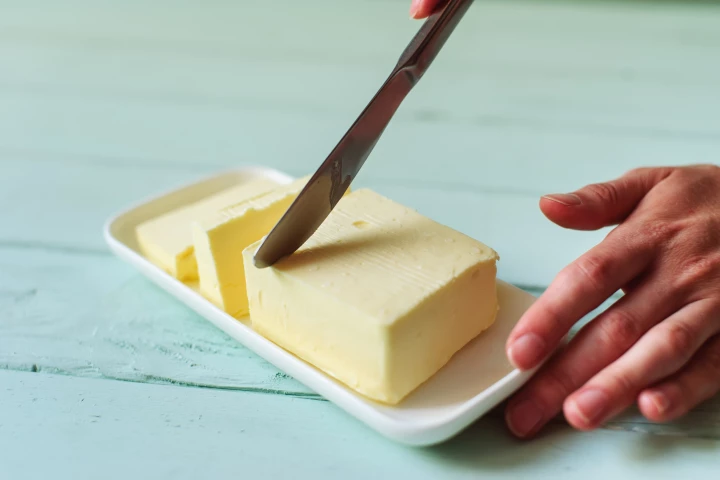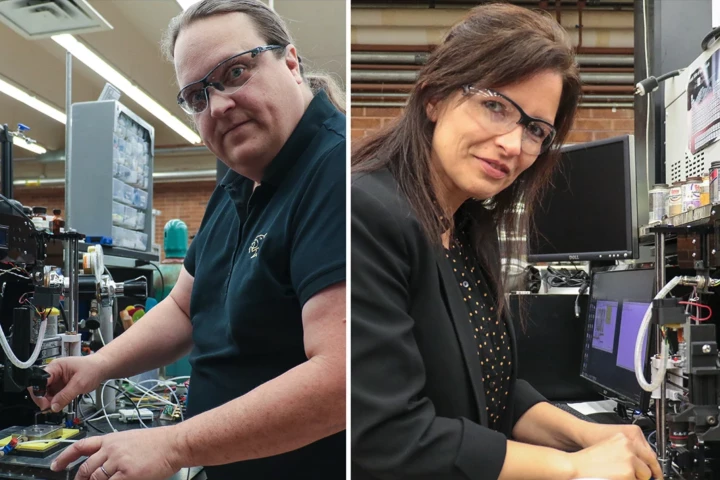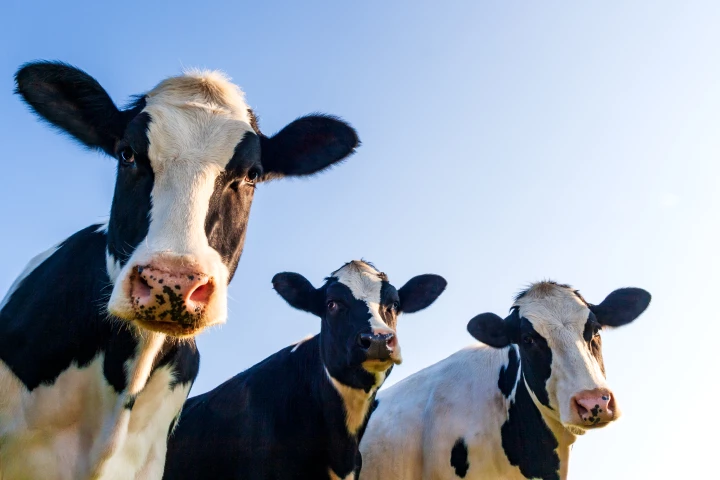Greenhouse emissions
-
Researchers have found a way to take waste concrete from demolition sites and turn it into fresh new concrete that has a strength not seen before from such a product. The breakthrough could lead to significant emissions reductions in the building sector.
-
In the latest bid to greenify ammonia production, researchers have built a portable device to cheaply produce ammonia wherever it's needed by simply using air at room temperature and standard atmospheric pressure.
-
Taking a leaf out of the plant book, scientists have used a method not unlike photosynthesis to harness the power of sunlight and turn two destructive greenhouse gases into useful, prized chemicals for renewable fuel and greener manufacturing.
-
Bill Gates has thrown his weight – and his money – behind a startup making a rich, fatty spread akin to butter, using just carbon dioxide and hydrogen. And this is just the start, with milk, ice-cream, cheese, meat and plant oils also in development.
-
Methane has a greenhouse effect 80 times worse than carbon dioxide over a 20-year period, and emissions are skyrocketing even as we start reducing CO2. That makes UCF's new hydrocarbon-capturing, sunlight-powered catalyst a very compelling idea.
-
Move over, cow burps. A team of scientists has shifted gears from the front to the back end of these methane-production powerhouses, using algae to curb gas emanating from their poop. It's a crap gig, but nature's best methane inhibitor is on the job.
-
Despite its many advantages, glass has one major Achilles' heel – it’s brittle. Now, engineers at Penn State have developed LionGlass, a new form that's not only 10 times more damage resistant, but requires significantly less energy to manufacture.
-
Carbon dioxide may hog headlines as a climate change villain, but methane is a far more potent greenhouse gas. MIT has now demonstrated a new way to remove methane from the air, even at low concentrations, with a common clay used to make cat litter.
-
Climate change can feel inevitable, but we’ve stepped up to the challenge before. New modeling shows how bad things would be if CFCs hadn’t been banned decades ago – depleted ozone would've increased UV exposure and stopped plants capturing carbon.
-
The UK government has announced a legally binding commitment to hit a 78 percent emissions reduction target by 2035, as compared to 1990 levels, on the way to net zero emissions by 2050. For the first time, this target includes aviation and shipping.
-
Cattle are a major source of greenhouse gas emissions, mainly due to their methane-loaded burps. A detailed new study has found more evidence that feeding cows a small seaweed supplement can greatly reduce their methane emissions.
-
New analysis has revealed that emissions of methane, a particularly potent greenhouse gas, have now hit record highs, with the surge being driven in large part by increases in the burning of fossil fuels and increasing agricultural activity.
Load More











